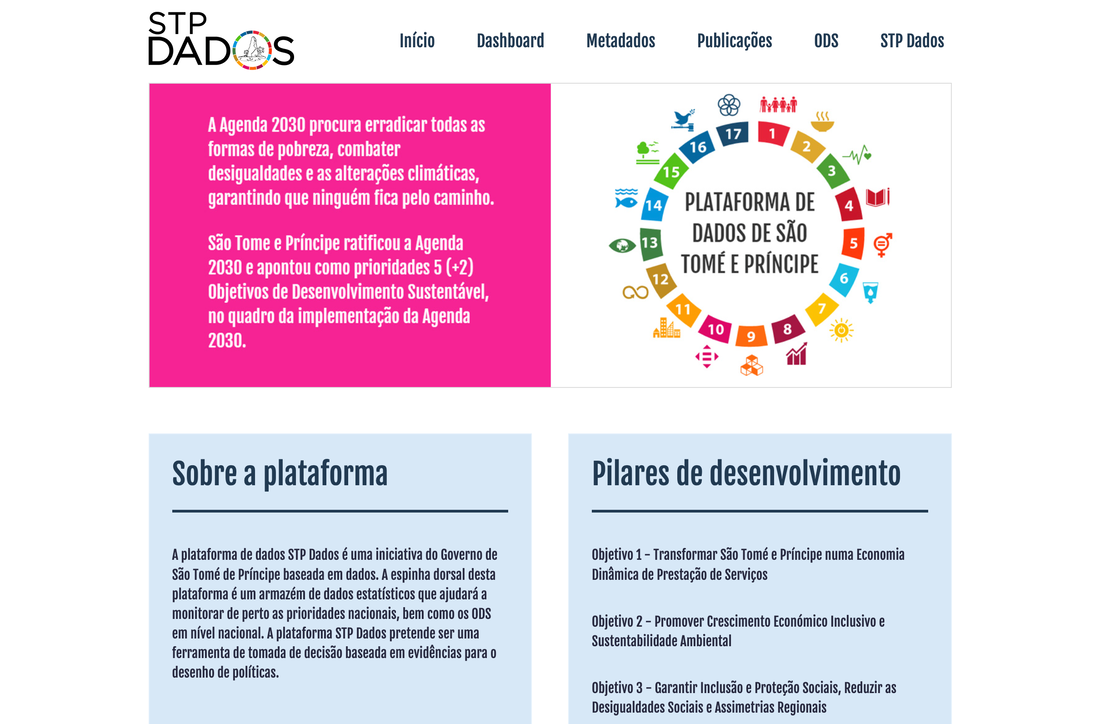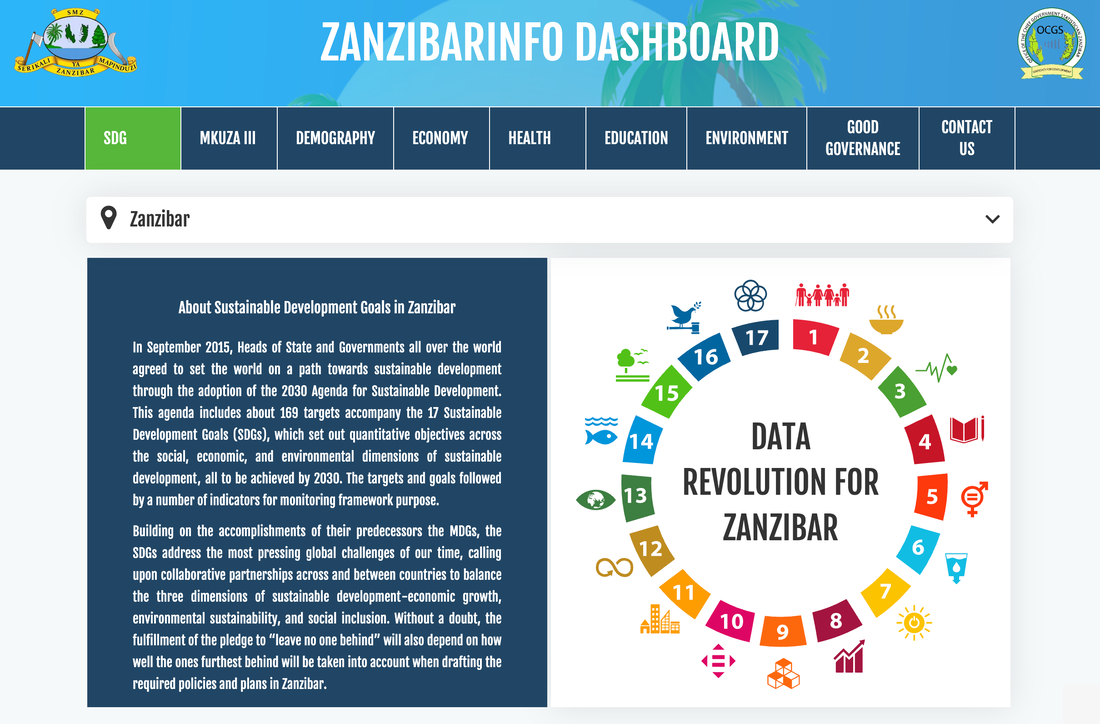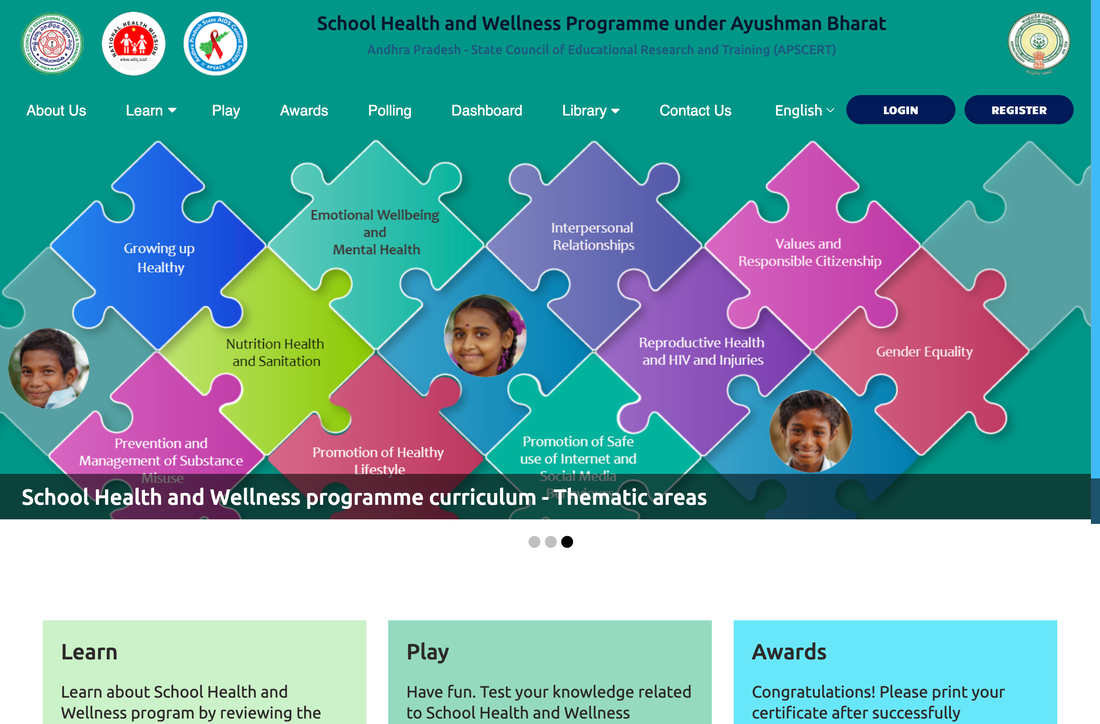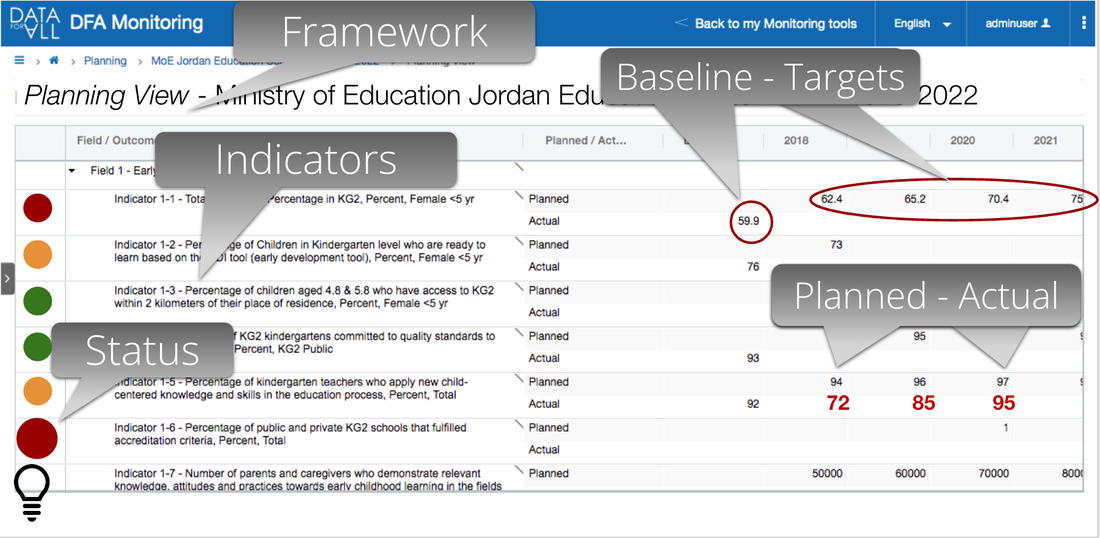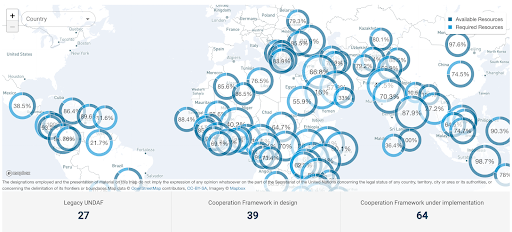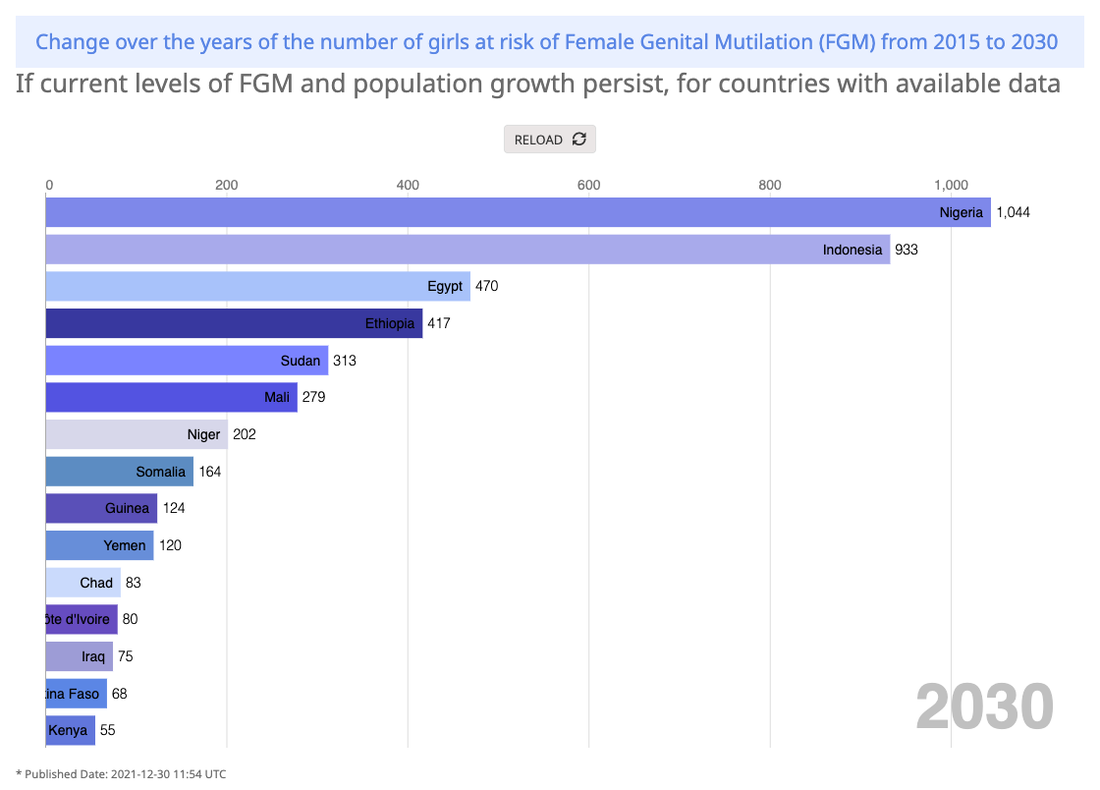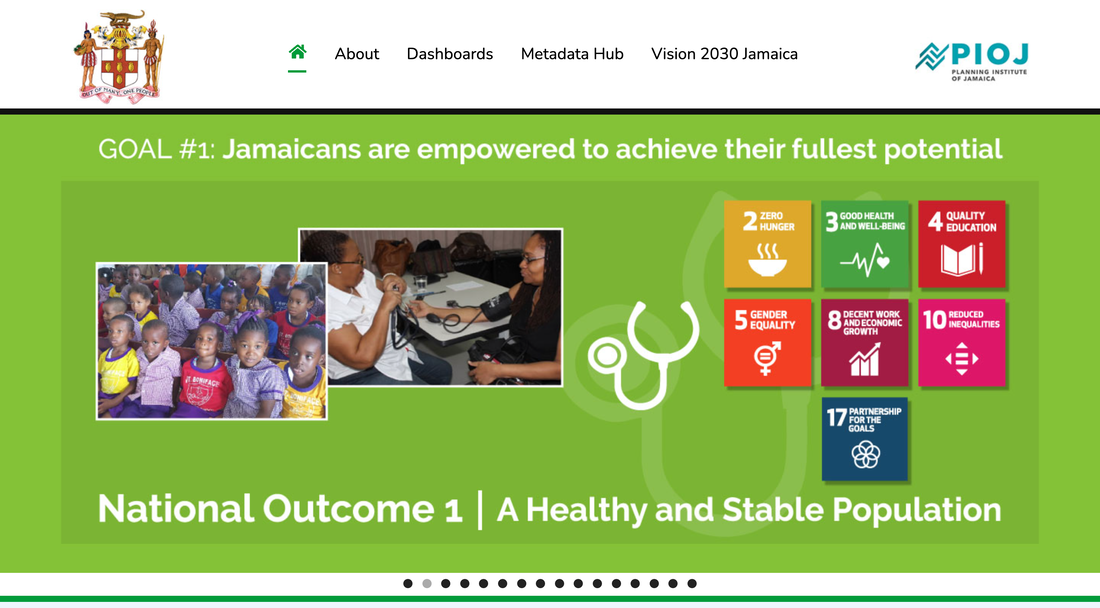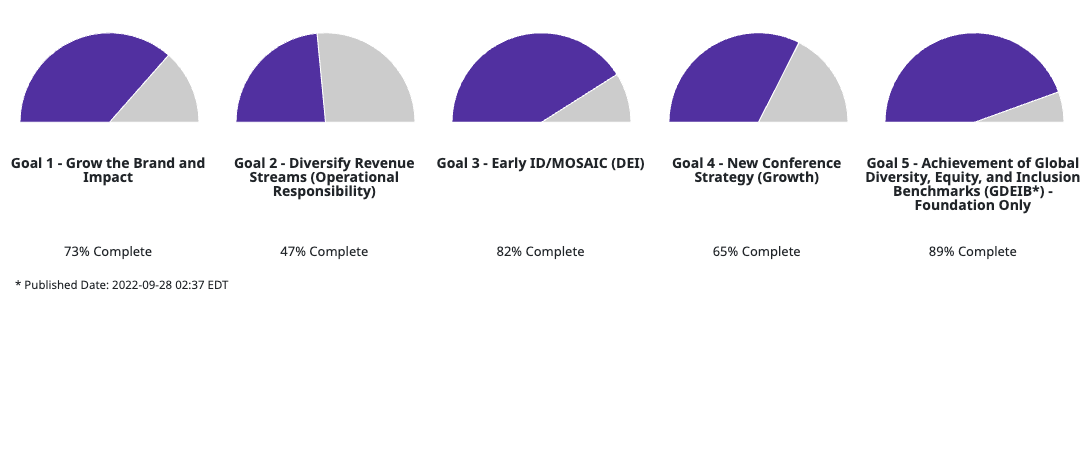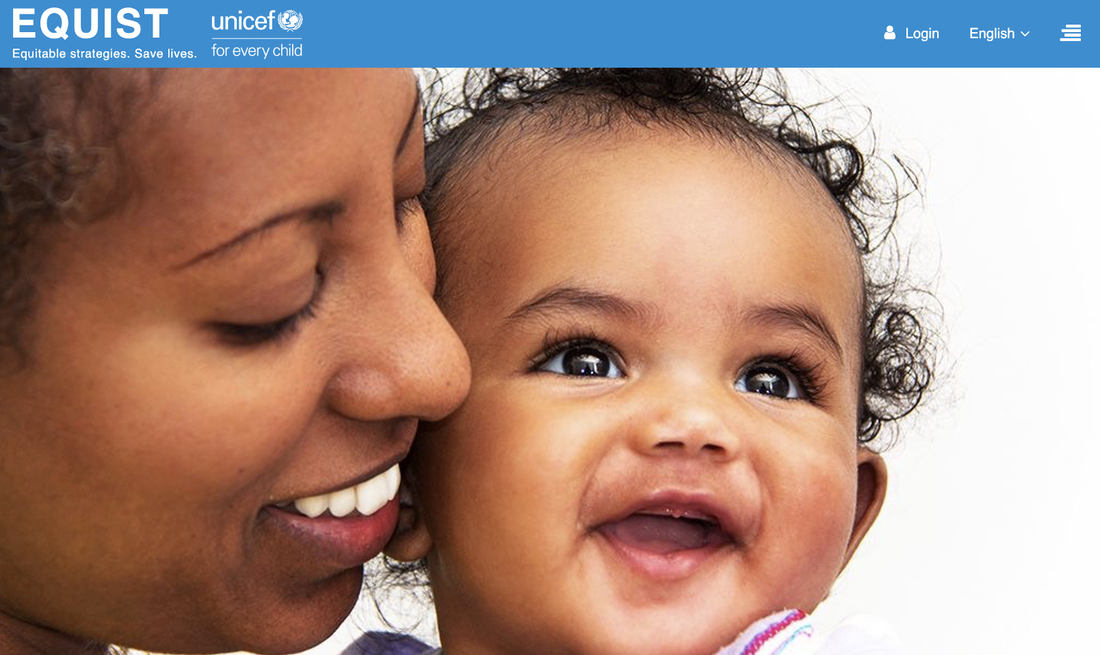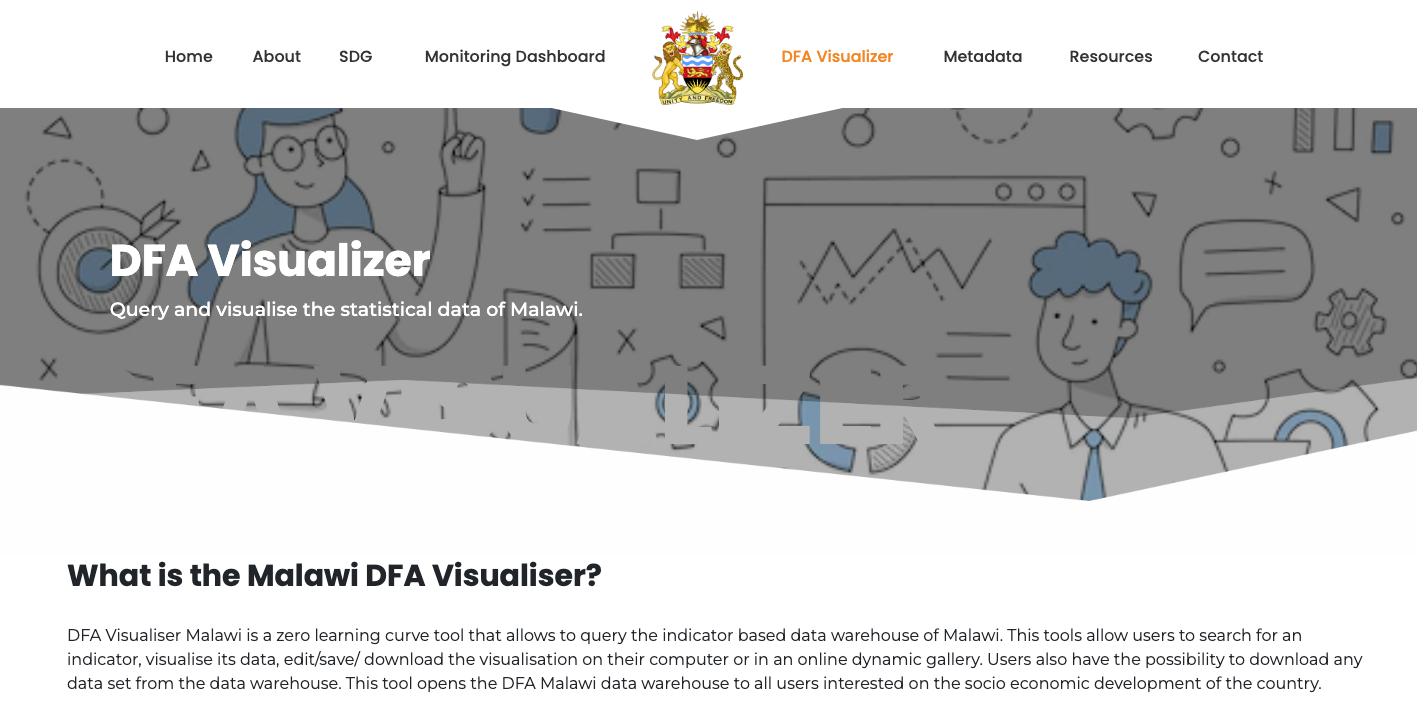|
Jeeveeta S. Agnihotri, Chief Programme Officer, Community Systems Foundation Rakkshet Singhal, Programme Advisor, Community Systems Foundation
0 Comments
DFA in Zanzibar: Leveraging Multiple Data For All Applications to Monitor Development Progress.9/11/2022 Seth Davis, Programme Advisor, Community Systems Foundation Aditya Shankar, Programme Associate, Community Systems Foundation
Seth Davis, Programme Advisor, Community Systems Foundation Aditya Shankar, Programme Associate, Community Systems Foundation
Seth Davis, Programme Advisor, Community Systems Foundation Aditya Shankar, Programme Associate, Community Systems Foundation
Seth Davis, Programme Advisor, Community Systems Foundation Aditya Shankar, Programme Associate, Community Systems Foundation
Seth Davis, Programme Advisor, Community Systems Foundation Aditya Shankar, Programme Associate, Community Systems Foundation
Shahrouh Sharif, Advisor-Data Analytics and Health Systems Strengthening, Community Systems Foundation Aditya Shankar, Programme Associate, Community Systems Foundation
Seth Davis, Programme Advisor, Community Systems Foundation Aditya Shankar, Programme Associate, Community Systems Foundation
|
Join the CSF data revolution webinar tomorrow!
COMMUNITY SYSTEMS FOUNDATION – EST 1963
+1 212 500 1335
data-driven sustainable development

